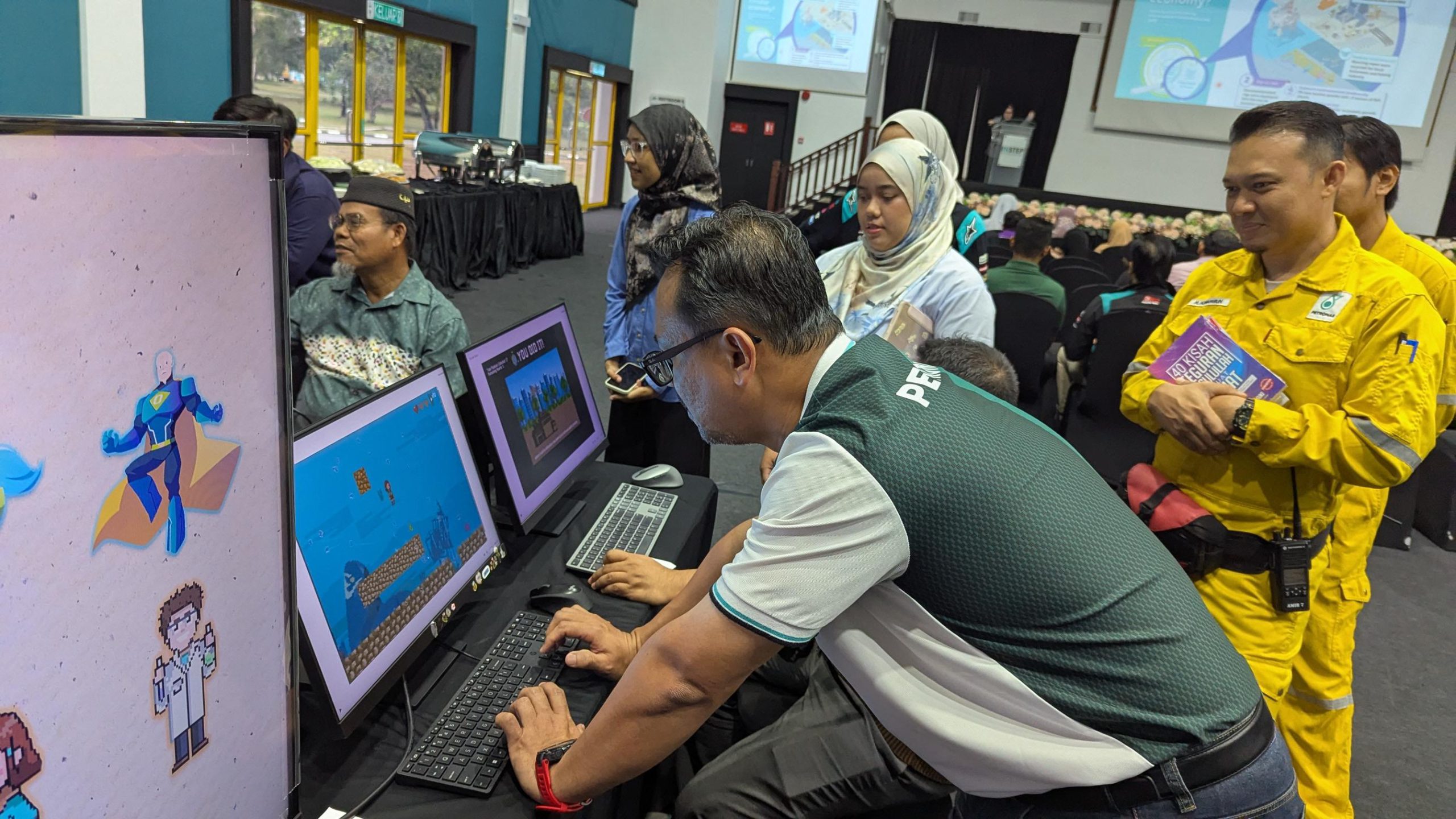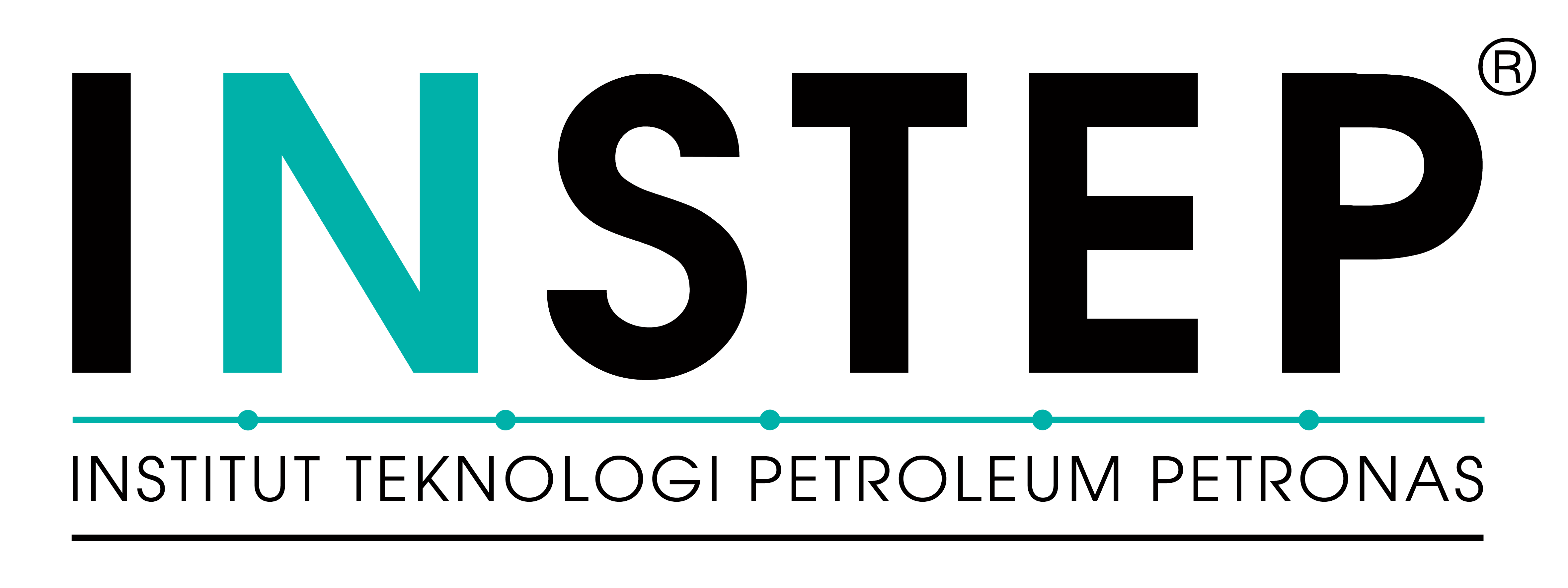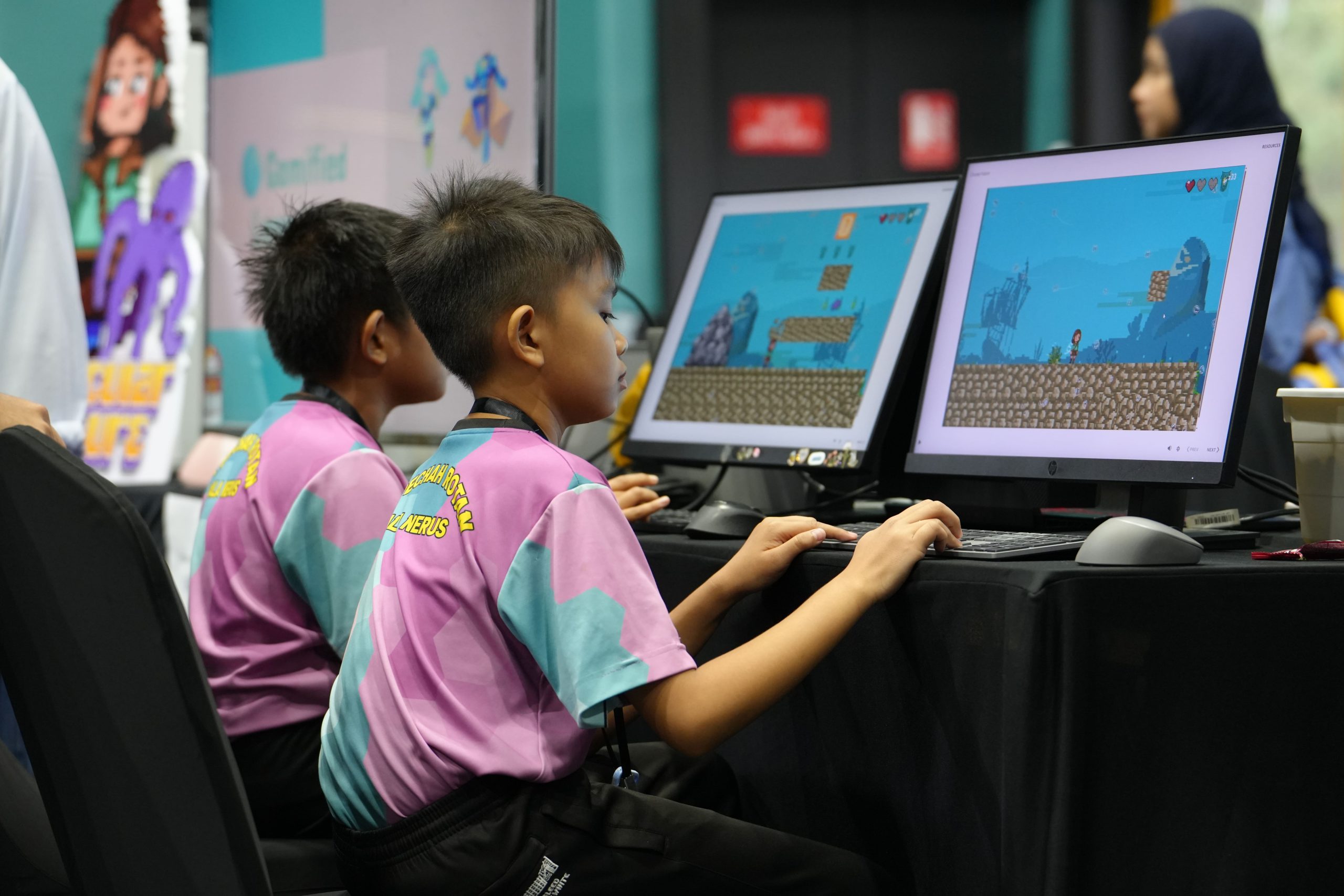As artificial intelligence (AI) continues to transform industries, INSTEP’s Creative Services team is embracing this technology to enhance productivity, improve accuracy, and upskill in creative problem-solving. The integration of AI tools into daily workflows has proven to be a valuable asset, allowing team members to focus on what matters most: creating impactful learning experiences.
The team currently utilises a variety of AI-powered platforms including ChatGPT, Canva AI, Microsoft Copilot, and Adobe Firefly, all of which have become essential tools in their daily operations. Whether it is generating quick design mockups, drafting content ideas, or automating repetitive tasks, these tools have made a noticeable difference in both time savings and task management. On average, AI helps the team save 3 to 5 hours of work each week on average, enabling them to focus on higher-level creative tasks that require human nuance and collaboration. The result is a more efficient and agile workflow that supports INSTEP’s mission in delivering top-notch training programmes and materials.
Team members rate their work efficiency improvement at 4 out of 5, largely due to how AI tools help in structuring complex tasks. For example, during a gamification project, the team used AI to break down the project into manageable parts. This structured approach allowed for clearer task distribution among members and provided a holistic view of the deliverables, making execution faster and more organised.




AI has also contributed to reducing errors and the need for rework. One notable example includes using AI to generate C++ code for interactive games based on storyboards provided by Subject Matter Experts (SMEs). Rather than coding from scratch, the team could rely on AI-generated scripts that align with their learning objectives, saving time while ensuring technical accuracy. Moreover, tools like ChatGPT help by suggesting relevant learning module content, reducing guesswork and aligning closely with SME intent. This capability not only improves the overall quality of content but also minimises revisions.
Despite the benefits, the team does face certain barriers. A key challenge lies in the integration of AI tools into the existing workflow, which sometimes lacks seamless compatibility across platforms. Additionally, there are licensing and legal concerns, particularly around ownership and usage rights of AI-generated content. These uncertainties highlight the need for clear guidelines and policy frameworks to support responsible AI usage in creative environments.
As AI continues to evolve, the Creative Services team at INSTEP is committed to exploring new ways to integrate these tools meaningfully. While challenges remain, the potential of AI in transforming creative processes, enhancing efficiency, and driving innovation is undeniable. By staying adaptive and informed, INSTEP is paving the way for a smarter, more future-ready workforce.
“Aligned with PETRONAS’ effort in driving an AI-enabled organisation, INSTEP recognises AI as a strategic enabler in developing future-ready talent and enhancing learning excellence, while staying ahead as a training provider ready to support the changing needs of the energy industry”, Ts. Azhar bin Ahmad, Chief Executive Officer of INSTEP, shared his insight on the subject.
As artificial intelligence (AI) continues to transform industries, INSTEP’s Creative Services team is embracing this technology to enhance productivity, improve accuracy, and upskill in creative problem-solving. The integration of AI tools into daily workflows has proven to be a valuable asset, allowing team members to focus on what matters most: creating impactful learning experiences.
The team currently utilises a variety of AI-powered platforms including ChatGPT, Canva AI, Microsoft Copilot, and Adobe Firefly, all of which have become essential tools in their daily operations. Whether it is generating quick design mockups, drafting content ideas, or automating repetitive tasks, these tools have made a noticeable difference in both time savings and task management. On average, AI helps the team save 3 to 5 hours of work each week on average, enabling them to focus on higher-level creative tasks that require human nuance and collaboration. The result is a more efficient and agile workflow that supports INSTEP’s mission in delivering top-notch training programmes and materials.
Team members rate their work efficiency improvement at 4 out of 5, largely due to how AI tools help in structuring complex tasks. For example, during a gamification project, the team used AI to break down the project into manageable parts. This structured approach allowed for clearer task distribution among members and provided a holistic view of the deliverables, making execution faster and more organised.




AI has also contributed to reducing errors and the need for rework. One notable example includes using AI to generate C++ code for interactive games based on storyboards provided by Subject Matter Experts (SMEs). Rather than coding from scratch, the team could rely on AI-generated scripts that align with their learning objectives, saving time while ensuring technical accuracy. Moreover, tools like ChatGPT help by suggesting relevant learning module content, reducing guesswork and aligning closely with SME intent. This capability not only improves the overall quality of content but also minimises revisions.
Despite the benefits, the team does face certain barriers. A key challenge lies in the integration of AI tools into the existing workflow, which sometimes lacks seamless compatibility across platforms. Additionally, there are licensing and legal concerns, particularly around ownership and usage rights of AI-generated content. These uncertainties highlight the need for clear guidelines and policy frameworks to support responsible AI usage in creative environments.
As AI continues to evolve, the Creative Services team at INSTEP is committed to exploring new ways to integrate these tools meaningfully. While challenges remain, the potential of AI in transforming creative processes, enhancing efficiency, and driving innovation is undeniable. By staying adaptive and informed, INSTEP is paving the way for a smarter, more future-ready workforce.
“Aligned with PETRONAS’ effort in driving an AI-enabled organisation, INSTEP recognises AI as a strategic enabler in developing future-ready talent and enhancing learning excellence, while staying ahead as a training provider ready to support the changing needs of the energy industry”, Ts. Azhar bin Ahmad, Chief Executive Officer of INSTEP, shared his insight on the subject.


